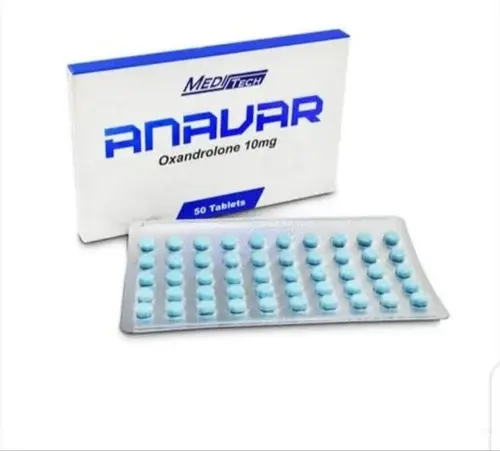Fitness is the state of optimal physical health and performance, characterized by strength, cardiovascular endurance, flexibility, and body composition. It’s achieved through consistent exercise, balanced nutrition, and adequate recovery.
-
Low Endurance: Fatigue or breathlessness during light activity
-
Muscle Weakness: Difficulty lifting modest weights or climbing stairs
-
Limited Flexibility: Stiff joints, reduced range of motion
-
Slow Recovery: Prolonged soreness and high fatigue after workouts
-
Unfavorable Body Composition: Excess body fat or loss of lean muscle mass
-
-
Sedentary Lifestyle: Prolonged sitting and minimal physical activity
-
Poor Nutrition: Insufficient protein, vitamins, or excessive processed foods
-
Inadequate Sleep: Impairs muscle repair and hormonal balance
-
Stress & Overtraining: Chronic cortisol elevation or workout burnout
-
Underlying Health Issues: Thyroid dysfunction, anemia, or chronic illness
-
-
Monotonous Workouts: Lack of progressive overload or variety
-
Nutrient Deficiencies: Low iron, vitamin D, or protein intake
-
Overuse Injuries: Repetitive strain without adequate rest
-
Sleep Disruption: Insomnia or irregular sleep patterns
-
Dehydration: Reduces strength, endurance, and recovery capacity
-
-
Cardiovascular Testing: VO₂ max, 1.5-mile run, or timed cycle tests
-
Strength Assessments: One-rep max (1RM) or submaximal lifts for key movements (squat, bench press)
-
Flexibility Measures: Sit-and-reach, shoulder mobility screens
-
Body Composition Analysis: BMI, skinfold calipers, or bioelectrical impedance
-
Functional Movement Screening: Identifies mobility or stability limitations
-
-
Protein Powders: Whey, casein, or plant-based blends to support muscle repair
-
Branched-Chain Amino Acids (BCAA): Leucine-rich formulas for reduced muscle breakdown
-
Creatine Monohydrate: Enhances strength, power output, and lean mass gains
-
Pre-Workout Boosters: Caffeine, beta-alanine, and nitric oxide precursors for energy and focus
-
Recovery Aids: Glutamine, electrolytes, and sleep-support supplements to optimize repair
-
Multivitamins & Minerals: Fill nutritional gaps for sustained performance
-
Training & Lifestyle: Progressive resistance training, HIIT cardio, mobility work, balanced diet, and 7–9 hours of sleep per night
-
Q1: When should I take protein powder?
A: Within 30–60 minutes post-workout to maximize muscle protein synthesis, or anytime to meet daily protein goals.
Q2: Is creatine safe long-term?
A: Yes—creatine monohydrate is well-studied and safe; maintain adequate hydration and follow recommended dosing (3–5 g/day).Q3: Do I need a pre-workout?
A: Pre-workouts can boost energy and focus for tough sessions, but a balanced diet and good sleep are foundational.
Q4: How can I break a fitness plateau?
A: Vary your routine with new exercises, adjust volume/intensity, ensure sufficient recovery, and review your nutrition.
Q5: How do I choose the right supplements?
A: Identify your primary goal (e.g., muscle gain, endurance, recovery), check ingredient quality, and start with clinically supported dosages.





































